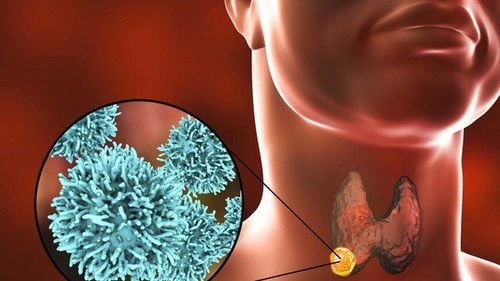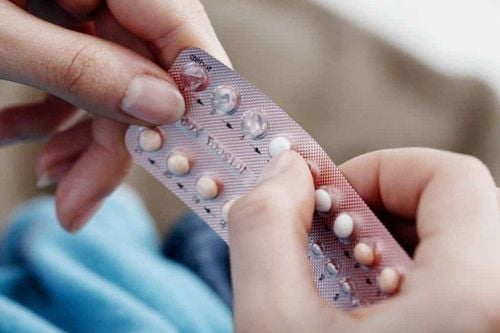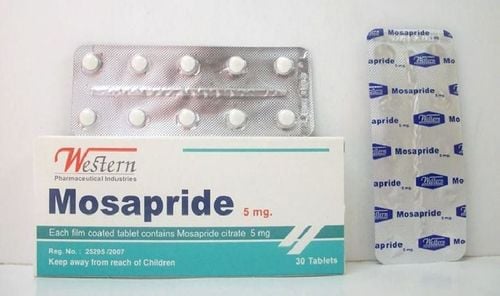Dates are a popular sweet that is traditionally served after dinner during the Muslim fasting month of Ramzan, but they are seldom regarded as a natural breakfast food. Date products offer numerous health benefits, particularly when consumed in the morning. So, when is the best time to eat dates? Read on to find out more.
1. 10 benefits of dates: From improving bone health to promoting beautiful skin
Since the time they were discovered, thousands of years ago, dates have been known to have the ability to cure many diseases. And while science has definitely proven that, many of us enjoy eating them mainly for the delicious taste of dates. Historically, the date palm is known from the land that is now Iraq, however, the Egyptians also knew how to make wine from dates much earlier.
Thanks to trade, dates reached Southwest Asia, Spain, North Africa, and later also Mexico and California. Today, they continue to be one of the most important ingredients in Middle Eastern cuisine. There are at least 30 varieties of dates found around the world today, they fall into three large families - soft, semi-dry, and dry, and the distinction is made based on the content of glucose, sucrose, and fructose. One of the most distinctively flavored dates is found in the Gaza Strip, as their product is known to be particularly red and sweet. Another popular variant is Zaghloul, which is only found in Egypt. It has dark red skin and is long and crunchy. Zaghloul dates are also quite sweet. Sukkary from Saudi Arabia is one of the most expensive dates. It has dark brown skin, soft flesh, and a unique sweetness. And then there is Khadrawy, a date that is quite popular among the Arab community. It is also often said that Iraq has over 100 varieties of dates!
Quite a few cuisines and dishes around the world use dates as a spice or even a main ingredient, but it is important to note that the fruit of the date palm tree also offers a wide range of health benefits. The 10 health benefits of dates have made this delicious fruit one of the most sought-after foods in the world of health and nutrition. Dates are a rich source of vitamins and minerals, energy and fiber. They also contain calcium, iron, phosphorus, potassium, magnesium and zinc. They are also considered by scientists to be a healthier alternative to sugar because, unlike sugar, they do not add empty calories. Here are 10 health benefits of dates:
- Lowers cholesterol: Many people may not know that dates contain no cholesterol and are very low in fat. Including them in smaller amounts in your daily diet can help control cholesterol levels and even aid in weight loss. So, start adding dates to your diet today.
- Rich in protein: Adding more dates to your diet can be helpful. Dates are a great source of protein which helps us stay fit and even keeps our muscles strong. Many gym-goers are told to eat a few dates every day as part of their daily routine.
- Rich in vitamins: Dates contain vitamins like vitamin B1, vitamin B2, vitamin B3 and vitamin B5, as well as vitamin A1 and vitamin C. If you eat a few dates every day, you will not need to take any vitamin supplements. Not only will it keep you healthy, but there will also be a noticeable change in your energy levels as dates contain natural sugars like glucose, sucrose, and fructose. So, it works well as a quick snack.
- Improves bone health: Dates are rich in selenium, manganese, copper, and magnesium, all of which are essential for keeping our bones healthy and preventing conditions like osteoporosis.
- Improves nervous system health: Dates are high in potassium, but low in sodium, which helps our nervous system during prolonged activities. Additionally, potassium helps lower cholesterol and prevent the risk of stroke.
- Rich in iron: In addition to fluoride, which helps keep your teeth healthy, dates are also high in iron, which is highly recommended for people with iron deficiency. Severe iron deficiency anemia can cause fatigue, shortness of breath, or chest pain. Plus, it is also great for blood purification.
- Improves digestion: Drinking date-infused water every day can help our digestive system function better. Due to its high fiber content, it is also recommended for those who struggle with constipation.
- Improves skin health: Vitamin C and vitamin D work to increase the elasticity of the skin, while keeping your skin smooth. Additionally, for those who suffer from skin conditions, incorporating dates into their diet can help them in the long run. Additionally, dates also have anti-aging benefits and prevent the accumulation of melanin in our bodies.
- Reduces hangovers: Although there are no exact studies, many people believe that eating dates is a great way to control hangovers. And similarly, it also helps cure hangovers. But for best results, we have to rub the skin a little and soak it overnight before eating.
- Aids in weight gain: Sugar, protein, and other vitamins in fruits help in weight gain, especially when we need it. With a high content of the above nutrients, dates are a very suitable food for those who want to gain weight, or even maintain weight.
2. When is the best time to eat dates?
Dates are delicious and nutritious fruits that grow on date palm trees. They are widely consumed around the world and are highly valued in many cultures and religions. Widely advertised for their high fiber and sugar content, many people wonder if there is an ideal time to eat dates. Here is information on when to eat dates and when not to eat them.
2.1. Nutritional Value
Dates are a highly nutritious fruit. The most common varieties include Medjool and Deglet Noor. Although fresh dates are edible, dates are usually consumed dried and are easily identified by their dry, rough skin.
A serving of dates, about 100 grams, provides:
- Calories: 282
- Protein: 2.5 grams
- Carbs: 75 grams
- Fiber: 8 grams
- Sugar: 64 grams
- Calcium: 3% of the daily recommended requirement
- Iron: 6% of the daily recommended requirement
- Potassium: 14% of the daily recommended requirement
- Magnesium: 10% of the daily recommended requirement
- Copper: 23% of the daily recommended requirement
- Selenium: 6% of the daily recommended requirement
- Vitamin B6: 10% of the daily recommended requirement
- Folate (vitamin B9): 6% of the daily recommended requirement
Dates are often dried and cut into small pieces for snacking, so it is easy to eat too many at once. Experts advise against eating too many dates because they contain a lot of sugar and calories.

2.2. Best time to eat dates
Regardless of what we're thinking about, the best time to eat dates is when we're hungry or want to eat. While many health experts believe that there are optimal times for the body to digest food - and that eating outside of these times will lead to poor digestion - there's little scientific evidence to support these theories. The human body is ready to digest food before it even hits our mouths. It releases digestive enzymes in the mouth and continues to release them throughout the entire digestive process. Our bodies can determine which enzymes are needed based on the macronutrient ratio of the food - its carb, protein, and fat content - and can do this at any time of the day. However, there are times when dates may be more ideal, such as:
- For breakfast: Dates are a great way to add natural sweetness and fiber to your diet first thing in the morning. Plus, their high fiber content can help keep you full and satisfied all morning long.
- As an afternoon snack: Dates are a great source of fiber and are high in natural sugars. This combination of fiber and sugar allows your blood sugar to rise more slowly, keeping you feeling energized for longer.
- When you’re hungry: They’re a concentrated form of calories and very filling due to their high fiber content. If you’re feeling hungry but not quite ready for a full meal, pair dates with some peanut butter for a great source of fiber, carbs, and protein.
- Before a workout: Although dates are high in natural sugars, they don’t spike your blood sugar quickly. Instead, they provide a slow-release carb that allows for a steady stream of energy to fuel your workout.
- As a nighttime snack: They’re a great pre-bedtime snack due to their high fiber content. Fiber takes longer to digest, which can help keep you full longer and prevent midnight hunger pangs.
2.3. When not to eat dates
While our bodies can digest food whenever we need it, there are some situations where eating dates is not a good idea:
- Patients with irritable bowel syndrome (IBS): Patients with irritable bowel syndrome may be sensitive to foods containing FODMAPs, which are small-chain carbs that some people have trouble digesting. As a significant source of fructose, they can lead to bloating and stomach pain.
- After a main meal: Dates are high in fiber, which takes longer to digest. As a result, eating large amounts of dates after a main meal can leave you feeling extremely full and uncomfortable.
- People with allergies: Although rare, some people may be sensitive or even allergic to dates.
- Diarrhea or loose stools: Dates contain a sugar alcohol called sorbitol, which can increase bowel movements in some people. Therefore, it is best to limit or avoid dates until your bowel movements return to normal.
Other than these times, there is no “bad” time to eat dates. They are very nutritious and can be enjoyed as a snack or part of a meal. Remember that your body is capable of digesting food 24 hours a day.
Dates are a nutritious, delicious, and convenient snack. They are high in fiber, calories, and natural sugars, and can be enjoyed as a snack or part of a meal. Because your body is capable of digesting food at any time of day, you can enjoy dates whenever you want. They are a great snack in the morning, afternoon, or evening due to their high fiber and sugar content, which will keep you full and energized. However, if you have irritable bowel syndrome, sensitivities or allergies, or are experiencing diarrhea, you should not eat dates.
To arrange an appointment, please call HOTLINE or make your reservation directly HERE. You may also download the MyVinmec app to schedule appointments faster and manage your reservations more conveniently.
References: healthline.com, food.ndtv.com













